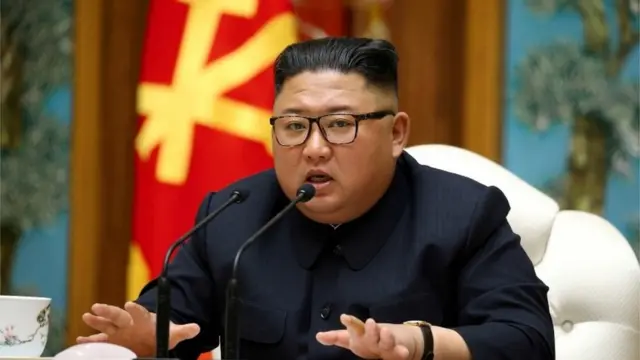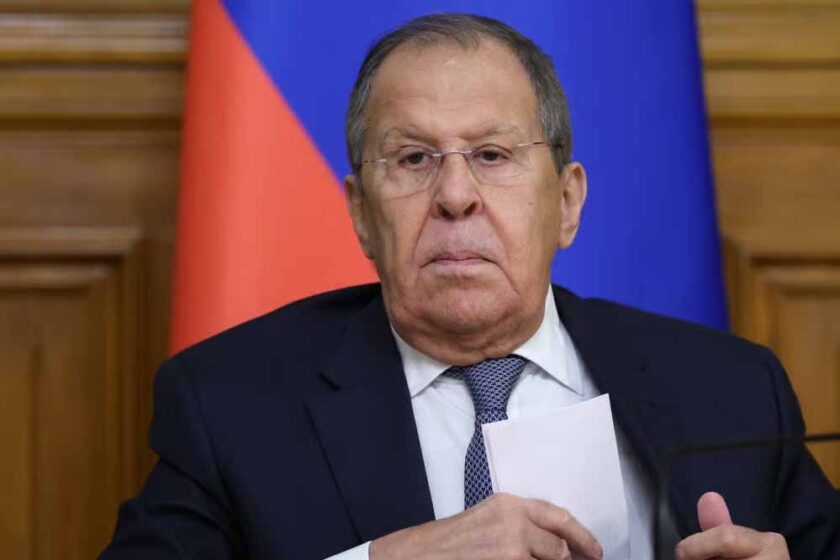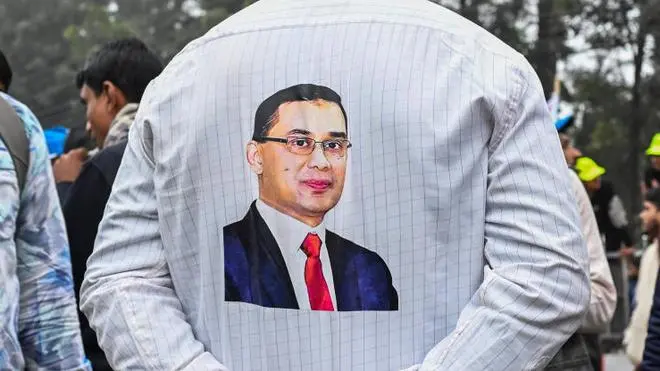North Korean leader calls the fallen “true patriots,” underscores military ties with Russia
Pyongyang | North Korean leader Kim Jong Un has announced plans to build a memorial in Pyongyang to honor soldiers who reportedly died while fighting in the Russia-Ukraine war. The move underscores North Korea’s deepening military and diplomatic alignment with Moscow, as both nations continue to strengthen ties amid global tensions.
According to North Korean state media, the foundation stone of the memorial was laid this week in the capital city. The ceremony was attended by Russian Ambassador to North Korea and several senior military officials, along with Kim Jong Un himself.
Kim said the upcoming museum and monument would serve as a tribute to “true patriots who sacrificed their lives in defense of a just cause.”
Thousands of North Korean Casualties Reported
Reports from South Korean intelligence sources suggest that around 6,000 North Korean soldiers have died and thousands more have been injured in the ongoing conflict between Russia and Ukraine. While North Korea has not officially confirmed these figures, multiple international media outlets have reported that Pyongyang sent both troops and weapons to support Russia’s operations on the eastern front.
Kim Jong Un, during his speech, praised the soldiers who “demonstrated unparalleled courage and loyalty” by assisting Russia in its military campaign. He added that the new memorial would be “a lasting reminder of the spirit of sacrifice and solidarity” between the two nations.
Families and Military Officials Attend Ceremony
The foundation-laying event was attended by family members of soldiers killed in action, senior military officers, and Russian diplomats. The atmosphere, as described by North Korean media, was solemn yet filled with patriotic fervor, as Kim placed wreaths and lit candles in memory of the fallen.
Kim emphasized that the soldiers’ contribution was not only a show of loyalty to their country but also a symbol of North Korea’s steadfast support for Russia.

Growing Military Cooperation
The memorial announcement comes shortly after a major defense agreement between Russia and North Korea, under which both countries pledged to support each other in the event of a war. Analysts see this as a significant shift in the regional power balance, as Pyongyang’s overt military support for Moscow marks one of the most visible forms of cooperation between the two nations in recent decades.
In recent years, North Korea has also intensified its weapons testing programs, including hypersonic missile systems that can reportedly fly at speeds exceeding five times the speed of sound. These weapons are said to be designed to evade missile defense systems. However, international experts have questioned whether the North Korean systems have truly achieved the performance levels claimed by Pyongyang.
Deepening Isolation, Stronger Alliances
North Korea, often described as one of the world’s most isolated nations, appears to be leveraging its alliance with Russia to counter international sanctions and diplomatic isolation. The relationship has strengthened further since Moscow’s invasion of Ukraine, with Pyongyang supplying ammunition, artillery shells, and manpower in exchange for food aid, fuel, and technology support from Russia.
Observers note that this deepening partnership is not just military but also symbolic — reflecting a shared resistance to Western influence and an effort to present a united front against international pressure.
Symbol of Loyalty and Strategy
For Kim Jong Un, the memorial serves a dual purpose — honoring the fallen and reinforcing political loyalty within his regime. Domestically, it projects an image of heroism and sacrifice, while internationally, it signals that Pyongyang remains a reliable strategic ally of Moscow.
As construction begins on the memorial, it stands as a testament to North Korea’s growing involvement in one of the 21st century’s most consequential conflicts — and its determination to assert its place in global geopolitics, no matter the cost.










